Article and photos: H.HOA
Women who go to beauty salons without using their own tools and accidentally bleed, step on a needle while jogging, have unsafe sex (no condom or broken condom) with a partner whose HIV status is unknown... are common situations of HIV exposure. So what should you do when you encounter these situations?
Dr. Bui Ngoc Phuong Oanh, CDC Can Tho, trained doctors and nurses on post-exposure prophylaxis (PEP) for HIV...
According to the Department of HIV/AIDS Prevention and Control, Can Tho City Center for Disease Control (CDC), common forms of exposure for medical staff: needles piercing the skin during procedures, injections, blood sampling for aspiration testing; wounds caused by scalpels and other sharp instruments contaminated with blood or biological fluids of patients; skin injuries caused by broken tubes containing blood or fluids of patients... For the general public, common HIV exposure situations include: sharing needles with drug addicts; having sex with an HIV-infected person or a person of unknown HIV status or being raped, sexually assaulted...
Exposures that do not pose a risk of HIV infection include: contact with urine, vomit, saliva, sweat, or tears that do not contain visible blood. If an infected person's blood or body fluids splash onto intact skin, there is no risk of HIV infection.
According to doctors, exposures that pose a risk of HIV infection are: Exposure through blood, through skin with wounds or scratches, or through mucous membranes (from semen, vaginal fluids, rectal fluids, breast milk or any body fluid containing visible blood). The site of exposure can be damaged skin, vagina, rectum, eyes, mouth or mucous membranes. The wider and deeper the injury, the higher the risk of HIV exposure.
For bleeding skin lesions: Immediately wash the wound under clean running water with soap. Let the wound bleed for a short time, do not squeeze the wound. In the eye mucosa: Wash the eyes with distilled water or 0.9% NaCl continuously for 5 minutes. In the mouth and nose mucosa: Wash or gargle with distilled water or 0.9% NaCl several times.
According to Dr. Bui Ngoc Phuong Oanh, Department of HIV/AIDS Prevention and Control, Can Tho City CDC, when people are at risk of exposure to HIV, they can go to outpatient clinics at 5 hospitals (Can Tho City General Hospital, Thot Not General Hospital, O Mon General Hospital, Military Hospital 121, Children's Hospital), Cai Rang Medical Center and Binh Thuy Medical Center for examination, consultation, testing and post-exposure treatment for HIV (PEP). From the beginning of 2023 to now, Can Tho has had 3 cases of PEP treatment due to occupational accidents.
| PEP, or post-exposure prophylaxis, is the use of antiretroviral drugs to prevent HIV infection in people who are HIV-negative and have been exposed to HIV. |
PEP treatment is not indicated in the following cases: the exposed person is already infected with HIV; the source of exposure is confirmed to be HIV negative; exposure to non-infectious body fluids such as tears, saliva, urine and sweat; there is continuous exposure to HIV such as frequent sexual intercourse with an HIV-infected person or a prostitute but rarely using condoms; drug addicts who regularly share needles. In addition, if 72 hours after exposure, PEP treatment is not indicated.
People at risk of HIV exposure will be counseled and provided with psychological support, and tested for HIV immediately according to regulations. In addition, antiHCV and HBsAg tests can be performed. If the HIV test is positive: the exposed person has been infected with HIV before, the doctor will advise on immediate antiretroviral (ARV) treatment. If the HIV result is negative, the doctor will advise on the benefits of post-exposure prophylaxis (PEP), side effects of the drug, and symptoms of acute HIV infection: fever, rash, vomiting, anemia, swollen lymph nodes... and prescribe PEP. The duration of PEP treatment is 28 consecutive days. For women and teenage girls, the doctor will advise on pregnancy testing and taking emergency contraceptive pills as soon as possible within the first 5 days of sexual exposure.
An exposed person can transmit HIV to others even if the HIV test is negative (window period). Therefore, it is necessary to take measures to prevent infection. Do not donate blood, have safe sex and injections, and do not breastfeed until HIV infection is ruled out. Retest for HIV 1 month and 3 months after exposure.
MSc. Doan Thi Kim Phuong, Deputy Head of the HIV/AIDS Prevention and Control Department, Can Tho City CDC, said: For occupational accidents, PEP treatment will be free. In other cases, doctors will prescribe and people will buy PEP exposure treatment drugs themselves.
Source link


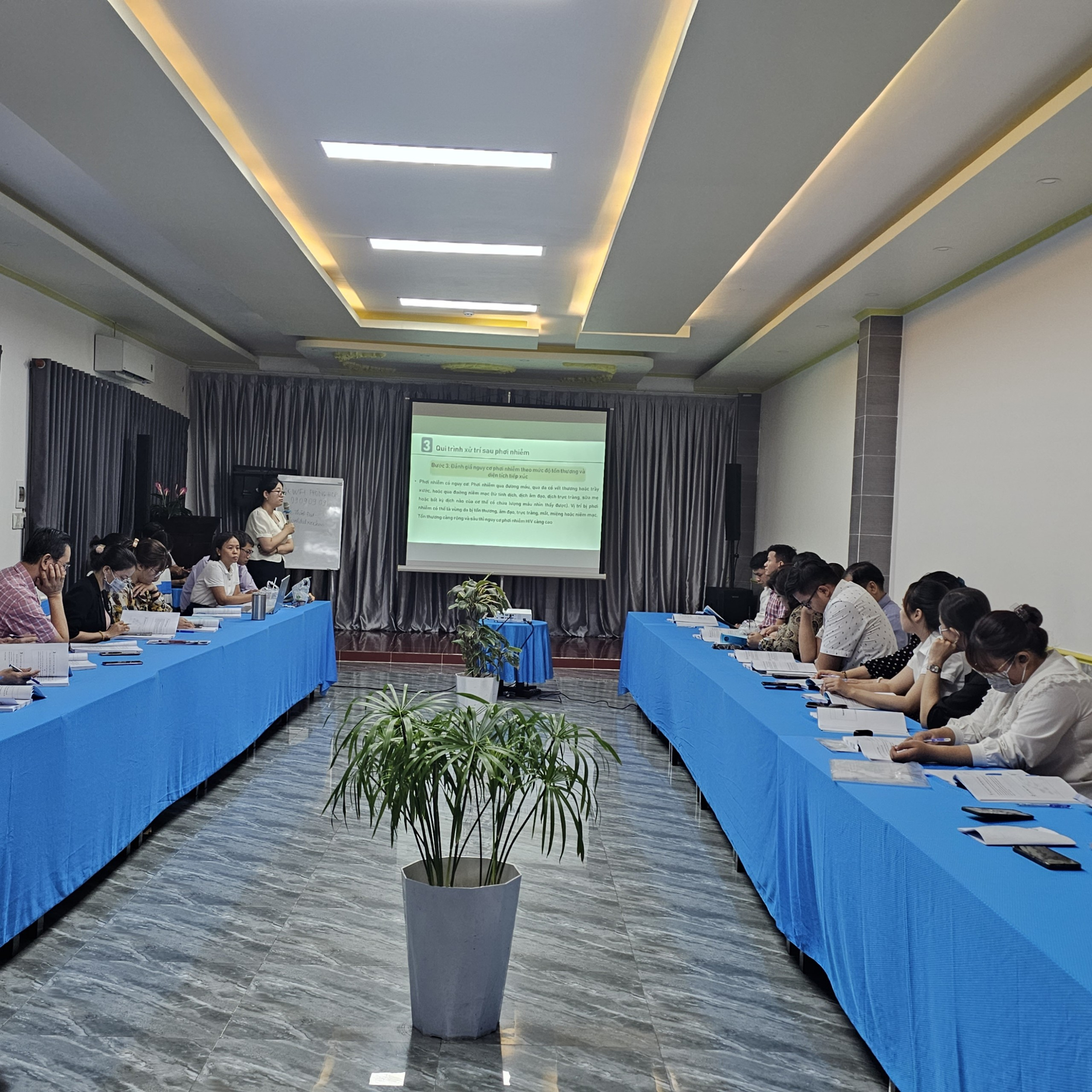







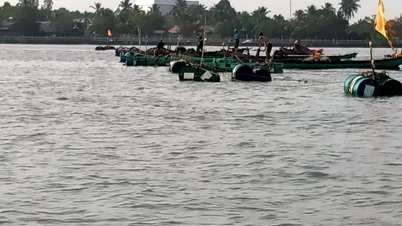


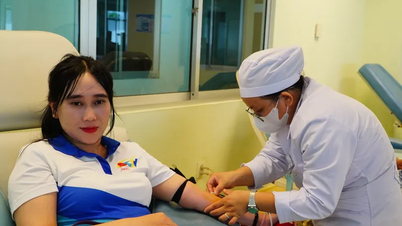






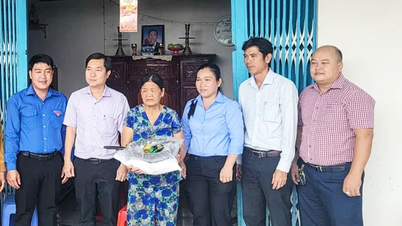











































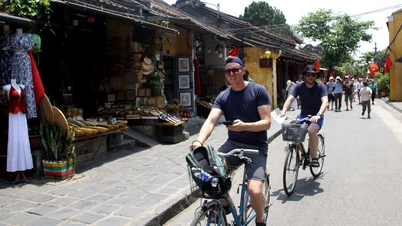









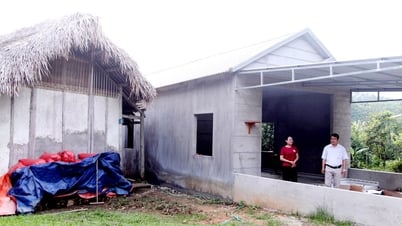



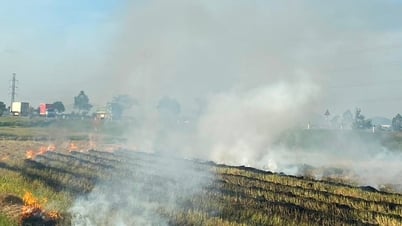













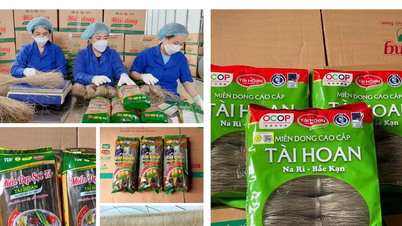



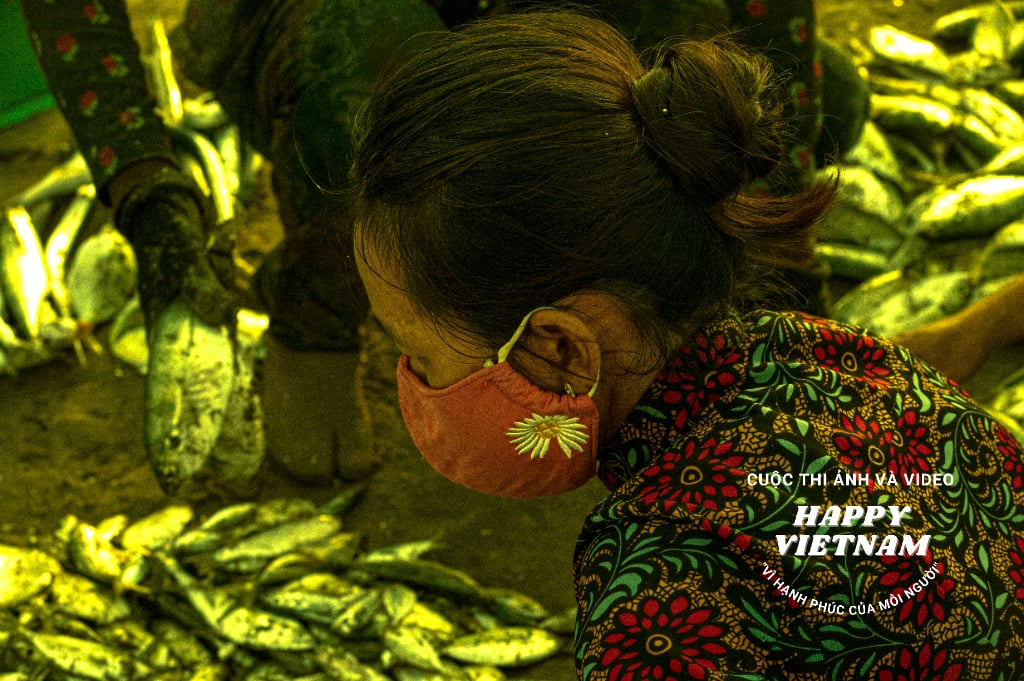
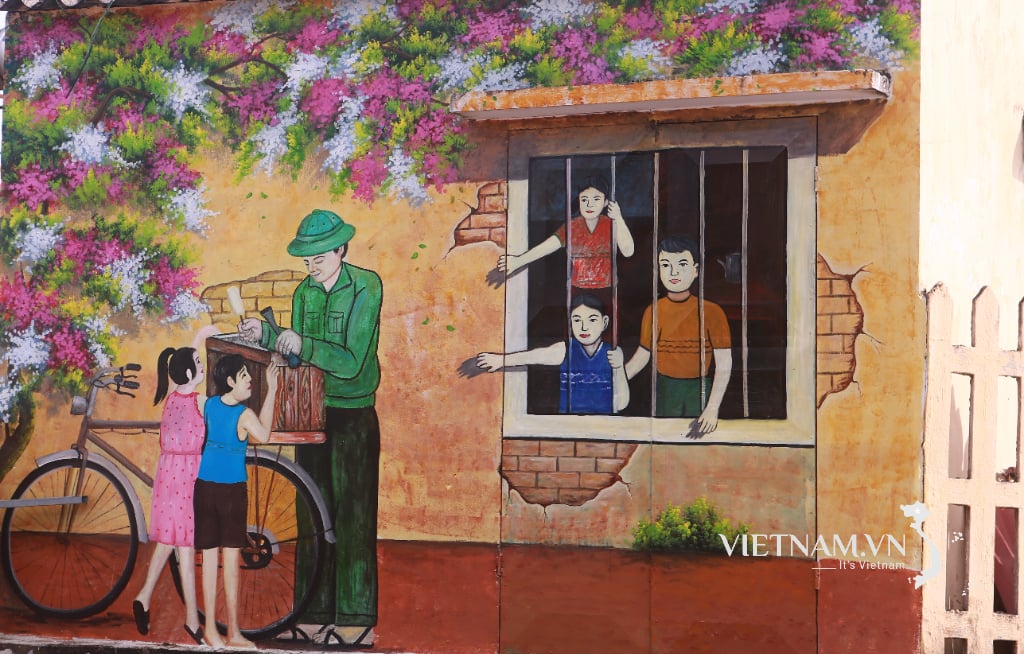

Comment (0)